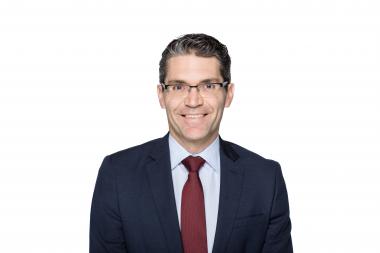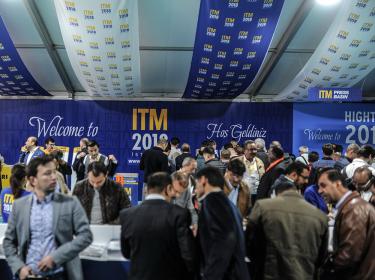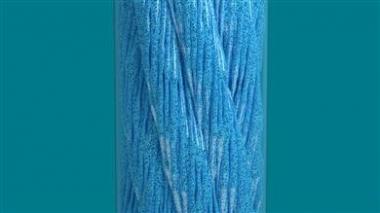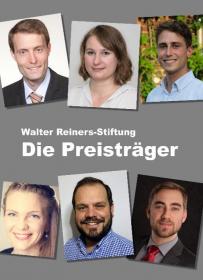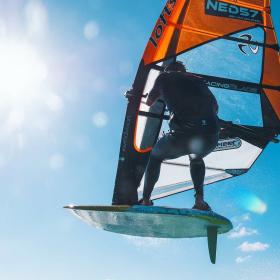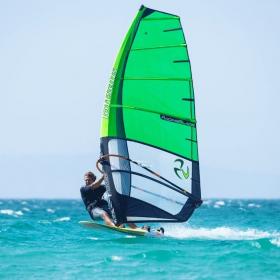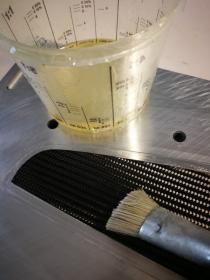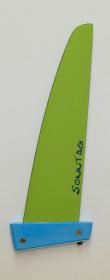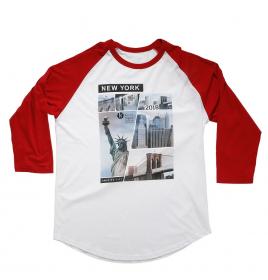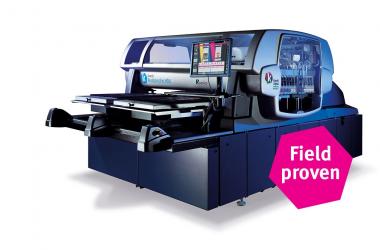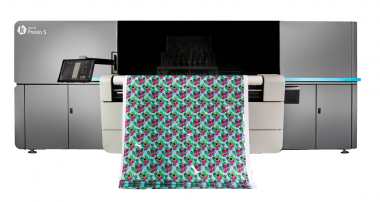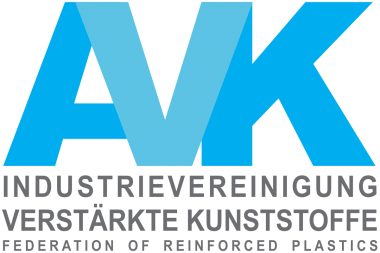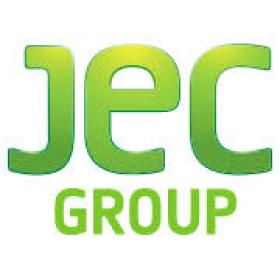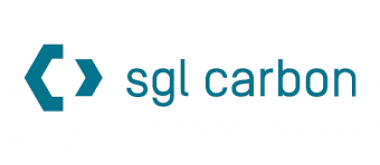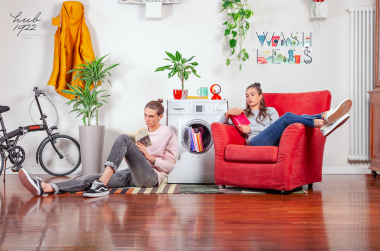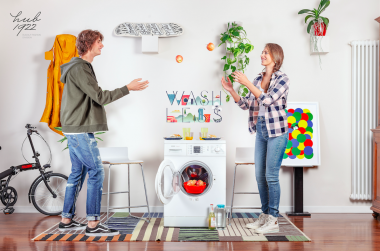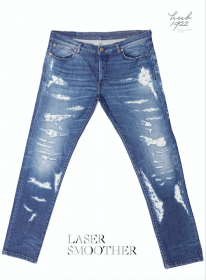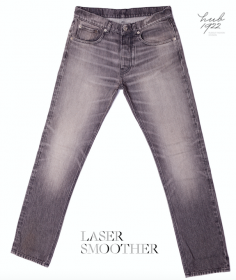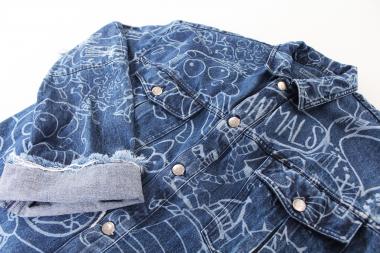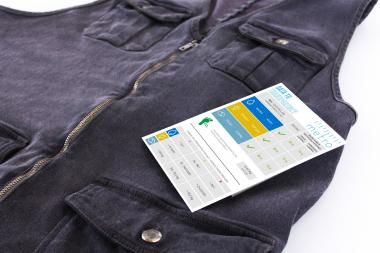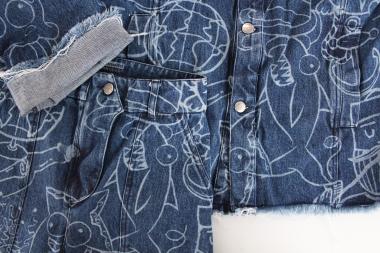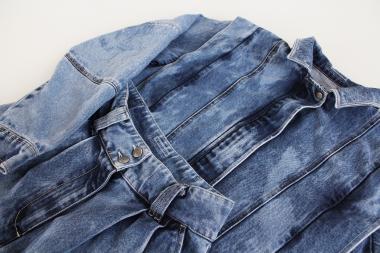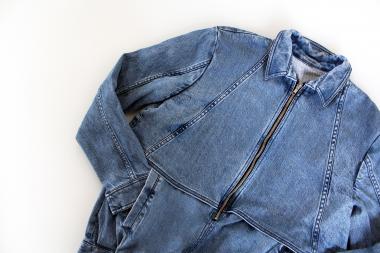Christian Straubhaar – New Head of Sales at Rieter Machines & Systems
- In course of the succession planning, Christian Straubhaar will take on the position as Senior Vice President Sales at Rieter Machines & Systems in Winterthur on January 1, 2021.
- Straubhaar will succeed Reto Thom who will retire.
Christian Straubhaar holds an Engineering Master’s Degree in Industrial Management from the Swiss Federal Institute of Technology in Zurich (ETH) and is a sales executive with 20 years of extensive experience in the textile industry. Recently, Straubhaar was responsible as Group Sales & Marketing Director at Itema for the world-wide sales of machines and spare parts. Prior, he held various positions in Operations and as Business Unit Head in Itema and other global textile companies.
His professional career shows a solid track record in identifying new market potentials and growing the business for the company. Straubhaar has a longstanding experience in selling to both large and small customers and developing key accounts within our industry.
Reto Thom has very successfully lead the Sales department at Rieter Machines & Systems for many years and made an enormous contribution to the success of the company.
Rieter Holding AG


